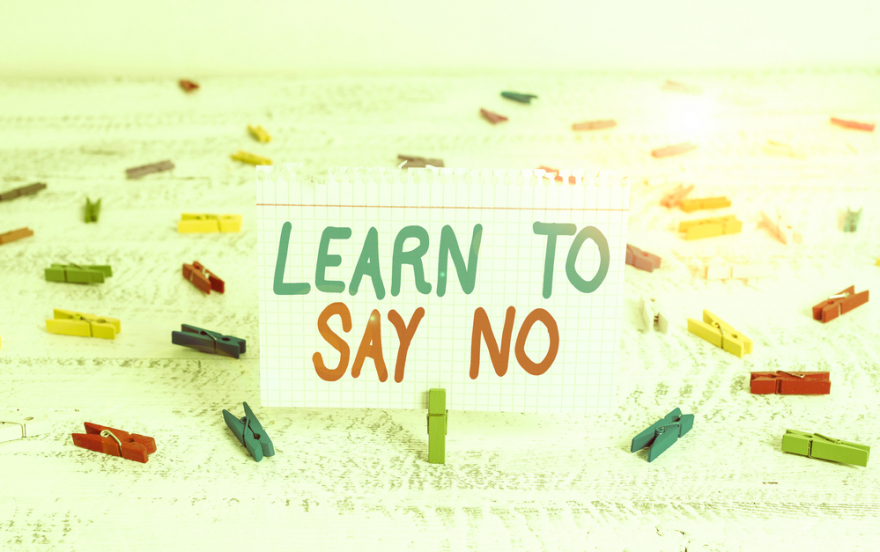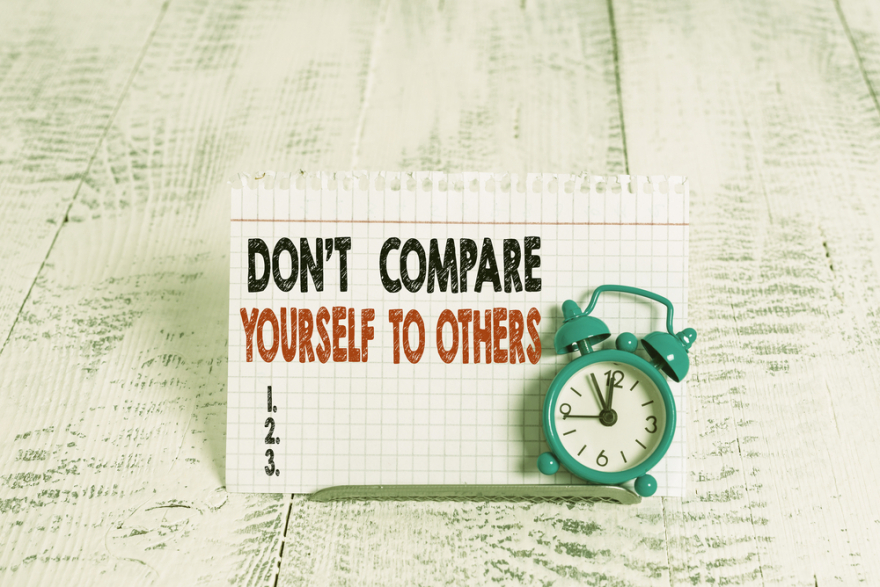|
The Importance of Self-Care for Both Your Mental and Physical Health
Rev. Dr. Kitty Boitnott, NBCT, RScP
Heart-Centered Career Transition and Job Search Coaching | Stress Management Coaching
We are so busy these days it's hard to focus on taking care of ourselves. But how often do you long for a peaceful part of your day when you can relax?
Those parts of our days seem more and more elusive.
However, despite being super busy, it is critical to both your mental and physical health to make time to settle your mind. So perhaps it would be helpful to examine what you think of when you hear people talk about "self-care."
The research also found that 60% of people admit to feeling overwhelmed. And around half of the respondents said they often feel burnt out.
Cutting back on screen time seems to be one of the most used self-care actions.
But there are lots of other ways you might take care of yourself.
Take a look at these five ways that you can become your own best advocate for self-care starting today:
1) Acknowledge what you can--and cannot--control.
It is impossible to predict the future. Yet how much of our time each day is caught up in worry about things that could happen even if they are not likely to happen? We all do it. We project into the future and worry about things over which we have no control.
You should try not to worry so much about the future. Instead, use your energy to concentrate on things over which you have some measure of control. Things like work obligations and deadlines or doctors' appointments, for example. By addressing each task that needs to be done in isolation, you can give your mind a chance to overcome the anxiety and stress of the unknown.
Keep a daily planner handy either on your phone or in writing.

Write down--or post on your phone--all the activities you have planned for the next day. Also, include all necessary errands you need to run.
Suppose you realize that everything you have on your schedule is overtaxing your time and energy or causing you unneeded stress, re-schedule something. And make sure to include downtime for eating properly and getting exercise as part of your daily plan.
2) Switch things up now and then.
When you start to feel the monotony of your everyday routine, you can easily become complacent and bored. That's no fun!
Change things up by switching up your routine to avoid feeling bored.
While you may be dreaming of a tropical vacation, sometimes a short road trip is all you need. If you like to walk, plan your destinations around hiking areas like the mountains. Or take a couple of days to go to the beach or a lake. Water has a restorative effect on lots of people.
Choose a different place to go every month or so. That will give your mind and body something to focus on with anticipation. Also, who doesn't like looking forward to something fun coming up on the calendar?
3) Write down your feelings in a diary or journal.
Did you keep a diary when you were a teenager? Maybe you filled its pages with who your current crush was or which teacher drove you crazy. At the time, it was one of the essential items you owned. And it was probably your best-kept secret.
As an adult, it is harder to find the time to express our feelings in a healthy way. But it might help to start journaling or keeping a diary of your days to help work through events and the emotions that go with them.
My brother passed away in May, and much to the surprise of my sister and me, we found that he left us 107 journals that he had kept since the mid-1990s. They are such a treasure! He wrote about anything and everything...music, literature, politics, pop culture...even the weather! They are his gift to us, and we wouldn't take anything for them.
So, why not try writing down your day one moment at a time? For example, express how long it took you to overcome a difficult situation. Also, include how you are feeling at the end of the day.
At the end of the week, go back over your entries. Do you see a pattern immerging, such as high anxiety in your mornings? Then, focus on addressing those feelings and how they will benefit you tomorrow.
4) Learn to say "no" more often.

Peer pressure can weigh heavily on our emotions. It is in human nature to want to please others. The need for acceptance often outweighs our self-interest. Instead of focusing on obtaining others' approval, however, focus on your joy and contentment.
The next time your boss asks you at the last minute to stay late for work, tell them--politely and respectfully--no. Explain that your evenings are for your family and friends. It may be that coming in early the next day would be more beneficial. Keep it professional and short. Then, go home, enjoy your night, and come back tomorrow with refreshed vigor.
5) Quit comparing your life to others.
This is often the most problematic habit to overcome. We are taught from a very early age to compare ourselves to other people. The pretty girl that is Homecoming Queen or the boy who is the basketball team's captain all play into our psyche. And social media has just made it a million times worse.
I distinctly recall a girl that I envied all through high school. She was a year older than me, and I was so envious of her. She was pretty. She was smart. But what I envied most was her beautiful singing voice. Alas, I can't carry a tune, and I wish I could. As a result, every time she was called on to sing a solo, I was green with envy.
It always seemed like I was comparing myself to her and coming up short. She even got a cute boyfriend in high school! And one day, while I was driving to school with my Dad, she was in the car in front of us. He pointed her out and commented on how careful she looked both ways before pulling onto the road. She even had his approval!
But it was all wasted energy on my part.
Instead of envying her, I should have been spending more time developing my talents. So what if I can't sing? I am sure there is something I can do that she can't. In the end, the universe seems to balance most things out. But it's hard to know that when we are young.
The real problem is that this pattern of comparing ourselves to others often continues into adulthood. We wish for bigger homes, fancier cars, and exotic travels, all to keep up with someone else. But that is not the reality. Those expensive things are just that…things. And things alone will not make you happy.
So make a mental list of all the things you need as opposed to what you want. For example, housing, food, and health are three basic needs. Do you have each of those in your life? Are there categories you would like to reach for bigger goals? Then give yourself the gift of time to gain that reward.
In time, you will notice that your life is comfortable and healthy, and you forget about comparing yourself to others.

By focusing on your connection with yourself, your will improve your relationships with others. You will become more approachable and even more trustworthy.
Remind yourself every day why you like who you are now and who you want to strive to become tomorrow. As famed British psychologist Robert Holden once said, "Your relationship with yourself sets the tone for every other relationship you have."
Wise words to remember.
|